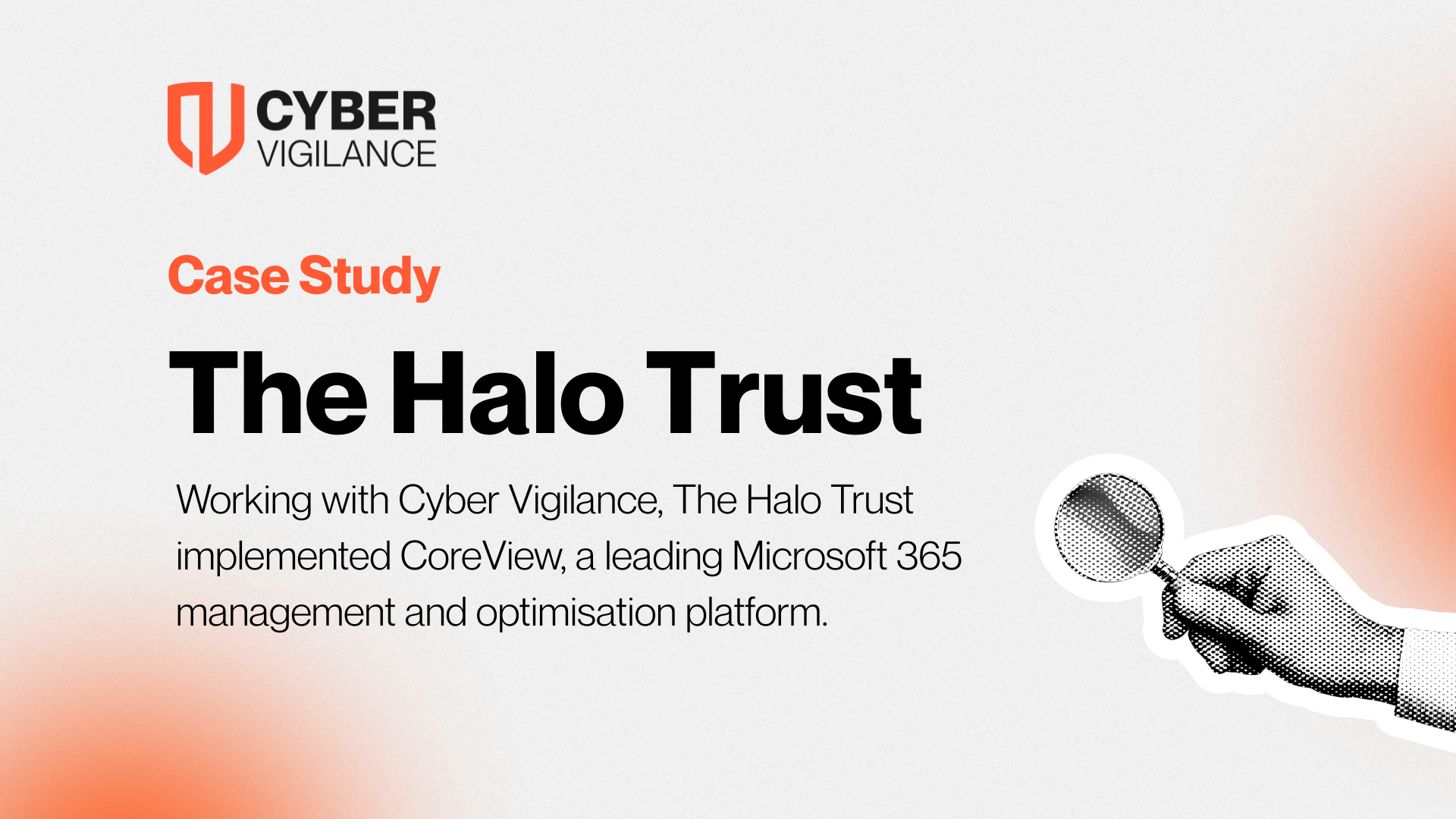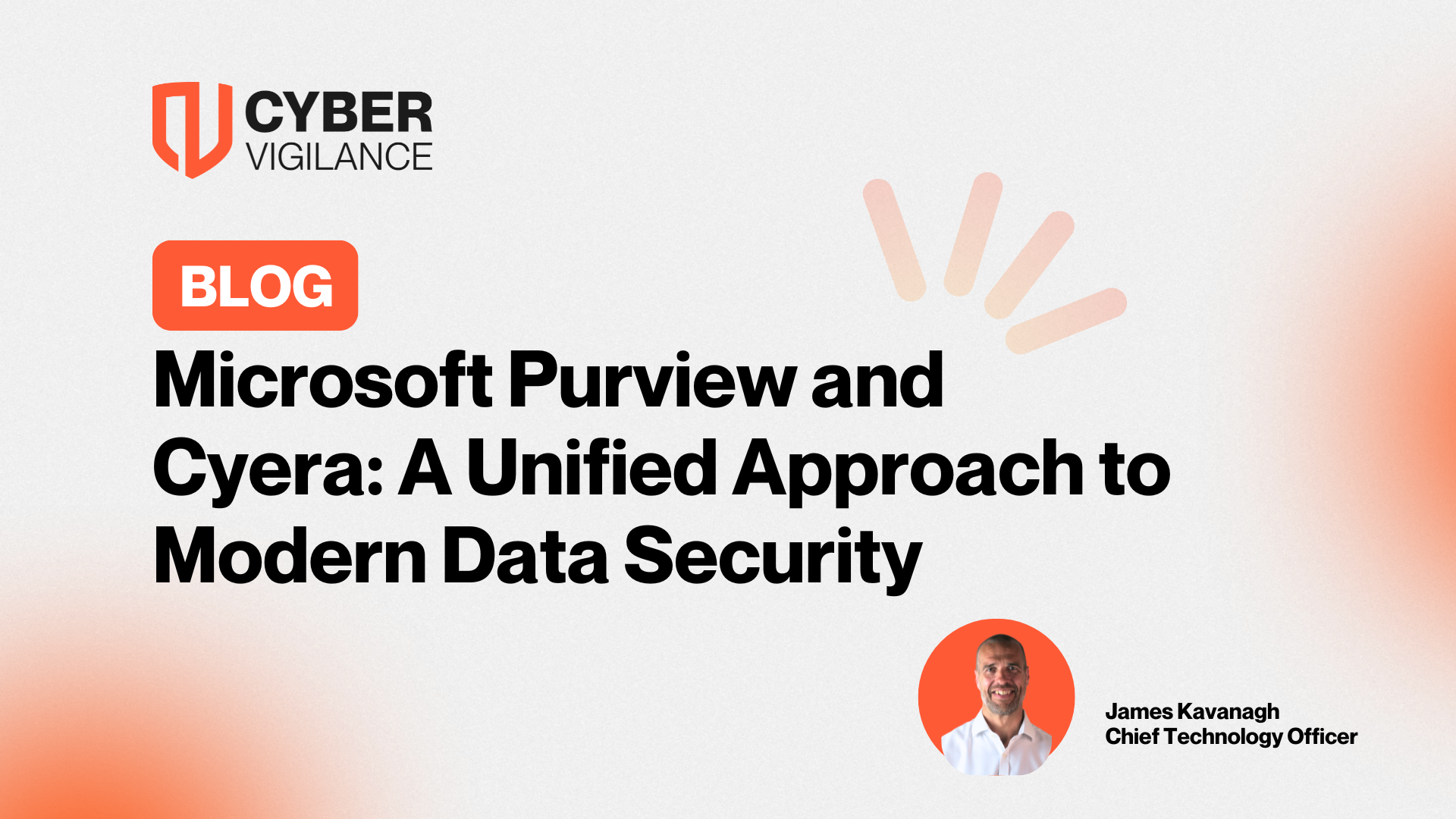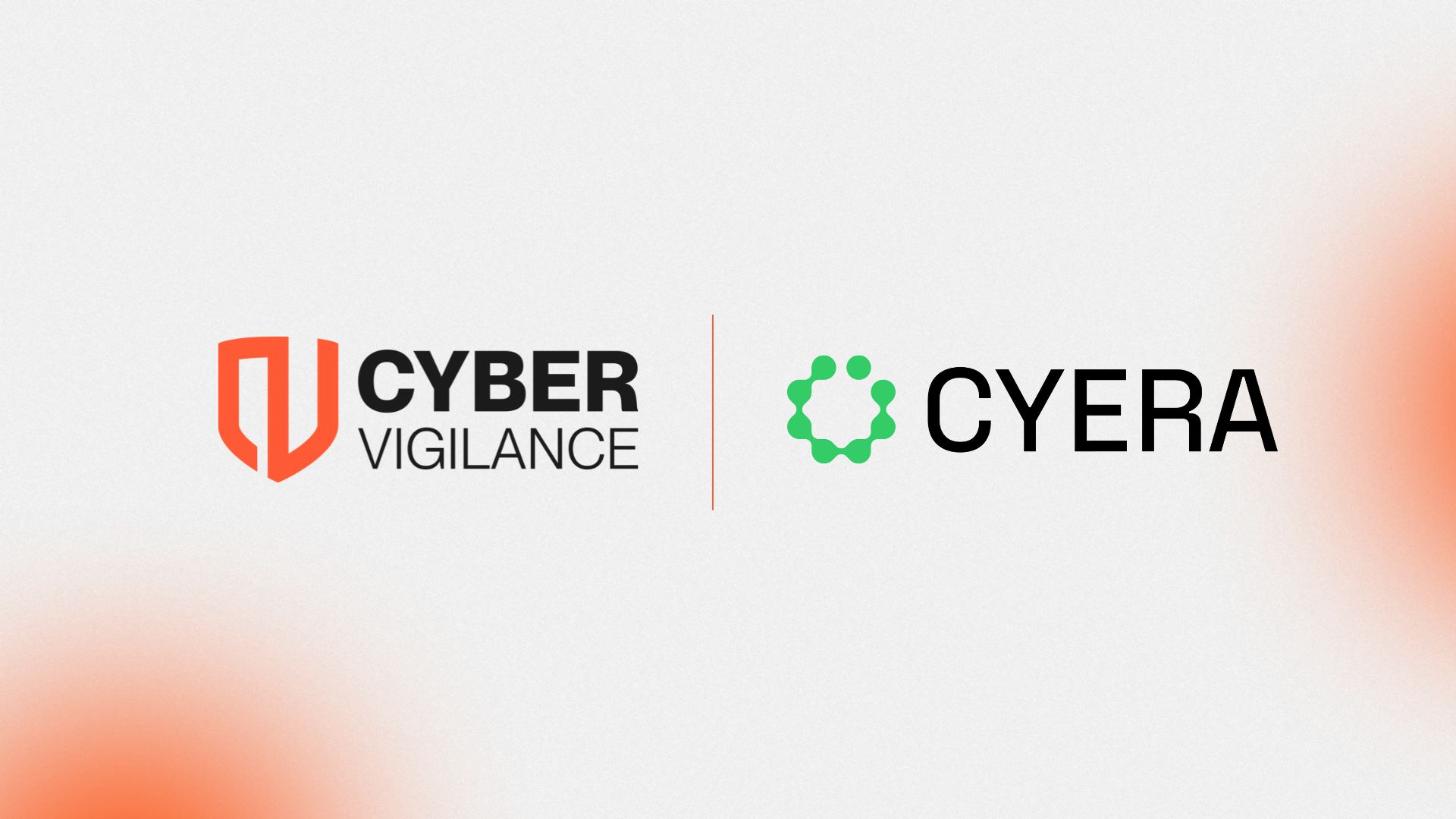Cyber Security Risks Affecting UK Charities (and How Cyber Vigilance Can Help)
There's been a staggering 51% increase in cyber incidents hitting the charity sector between 2020 and 2024, compared to just 26% across all other sectors. Here is how we can help.
UK charities are under siege. While they're busy changing lives and making the world a better place, cybercriminals are eyeing them up as easy targets. The numbers don't lie – there's been a staggering 51% increase in cyber incidents hitting the charity sector between 2020 and 2024, compared to just 26% across all other sectors.
If you're running a charity, this probably doesn't come as a massive shock. You're already juggling tight budgets, managing volunteers, and trying to maximise every pound for your cause. The last thing you need is a cyber attack derailing everything you've worked so hard to build.
But here's the thing – you're not powerless against these threats. Let's break down what's really happening out there and, more importantly, how you can protect your organisation without breaking the bank.
Why Charities Are Prime Targets
Think about it from a cybercriminal's perspective. Charities are basically goldmines of sensitive data – donor information, beneficiary records, financial details, and often health or social care data. That's exactly the kind of stuff that sells well on the dark web.

But it's not just about the data. Charities have some unique characteristics that make them particularly vulnerable:
- Limited Resources: Most charities are running on shoestring budgets. When you're choosing between hiring another support worker or investing in cyber security, the choice feels obvious. Unfortunately, this often means outdated systems, delayed security updates, and no dedicated IT security staff.
- The Volunteer Factor: High turnover rates and part-time volunteers make consistent training and access control a real headache. It's brilliant that people want to help, but from a security perspective, managing who has access to what can be a nightmare.
- BYOD Culture: Here's a surprising stat – 64% of charity staff use their personal devices for work, compared to 45% in businesses. Whilst this saves money, it also opens up a whole can of security worms.
The Big Threats You Need to Know About
Phishing Attacks Are Getting Nasty
Phishing attacks have shot up by 83% in the charity sector between 2023 and 2024. These aren't your grandad's obvious spam emails anymore – we're talking sophisticated, AI-powered attacks that can fool even the most cautious staff members.
Cybercriminals are getting clever, creating emails that look like they're from trustees, major donors, or partner organisations. They'll reference recent campaigns, use your charity's branding, and even know staff names. When someone clicks that malicious link or downloads that infected attachment, they've just handed over the keys to your digital kingdom.
System Misconfigurations Are Skyrocketing
This one's a bit technical, but bear with me. System misconfigurations basically mean your digital security settings aren't properly set up. Maybe default passwords haven't been changed, or files are accidentally set to public when they should be private.
The scary bit? These incidents have surged by 625% since 2020 in the charity sector. The Mermaids charity learned this the hard way when misconfigured email settings exposed confidential information online, landing them with a £25,000 ICO fine.

Ransomware Attacks Can Shut You Down
Ransomware is particularly devastating for charities because most don't have cyber insurance, and paying ransoms isn't exactly in the budget. These attacks can completely shut down your operations – imagine not being able to access donor records, beneficiary information, or even basic email during a critical fundraising period.
The Compliance Maze
Let's talk about the regulatory side, because it's not just about protecting your data – you're legally required to do so under various frameworks:
- GDPR: If you're processing personal data (and let's face it, what charity isn't?), you need to comply with GDPR. Fines can reach up to 4% of annual turnover, which for most charities would be absolutely devastating.
- Cyber Essentials: Whilst not legally mandatory, many funding bodies and corporate partners now require charities to have Cyber Essentials certification. It's becoming a basic requirement for credibility.
- Charity Commission Requirements: The Charity Commission expects trustees to manage risks appropriately, including cyber risks. If you suffer a significant breach that could have been prevented, trustees could face personal liability.
How Cyber Vigilance Can Transform Your Security
Here's where we come in. At Cyber Vigilance, we get it – you're not a tech company with unlimited budgets. You need practical, affordable solutions that actually work in the real world of charity operations.
Tailored Security Awareness Training
We don't believe in one-size-fits-all training. Our programmes are designed specifically for charity staff and volunteers, using scenarios you'll actually encounter. We'll teach your team to spot sophisticated phishing attempts, understand secure data handling, and know exactly what to do if something goes wrong.
Managed Security That Fits Your Budget
Our managed security solutions are designed with charities in mind. Instead of hiring expensive in-house IT security staff, you get access to our team of experts for a fraction of the cost. We'll monitor your systems 24/7, handle security updates, and respond to incidents before they become disasters.
Compliance Made Simple
Navigating Cyber Essentials, GDPR, and other compliance requirements doesn't have to be overwhelming. We'll guide you through the entire process, helping you implement the right controls and maintain ongoing compliance. No jargon, no unnecessary complexity – just practical advice that makes sense.
Email Security That Actually Works
Given that most attacks start with email, our email security solutions are designed to catch threats before they reach your inbox. Advanced threat detection, safe link checking, and attachment sandboxing work behind the scenes to keep your team safe.
Practical Steps You Can Take Today
Don't wait for a breach to happen. Here are some immediate actions you can take:
- Audit Your Current Setup: Know what data you hold, where it's stored, and who has access to it.
- Implement Basic Controls: Enable two-factor authentication, ensure automatic updates are turned on, and establish regular backup procedures.
- Train Your Team: Regular security awareness training is one of the most cost-effective security measures you can implement.
- Create an Incident Response Plan: Know exactly what to do if something goes wrong – who to call, how to contain the damage, and what to report to regulators.
- Consider Cyber Insurance: Whilst only 5% of charities currently have specific cyber insurance, it's becoming increasingly important as threats escalate.

The Road Ahead
Cyber threats against UK charities aren't going away – if anything, they're likely to get worse as criminals recognise how lucrative and vulnerable the sector can be. But this doesn't mean you're helpless.
The key is taking a proportionate, practical approach to security. You don't need to spend millions or become a tech company overnight. You just need to implement the right basic controls, train your team properly, and have experts on hand when things get complicated.
At Cyber Vigilance, we're passionate about helping organisations like yours stay safe whilst focusing on what you do best – making a real difference in people's lives. Because let's face it, the world needs your charity to succeed, not get derailed by preventable cyber attacks.
Ready to take the next step? Get in touch and let's have a proper conversation about how we can help protect your charity without breaking your budget. After all, your mission is too important to leave to chance.
Get safer now
See how Managed Threat Detection can make a difference for you. No obligation free trial.
©2025 Cyber Vigilance
Powered by Disruptive
Naggs Stable, Old Portsmouth Road, Guildford, Surrey, England, GU3 1LP



